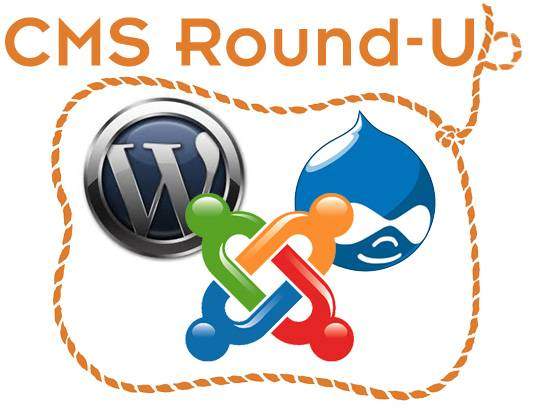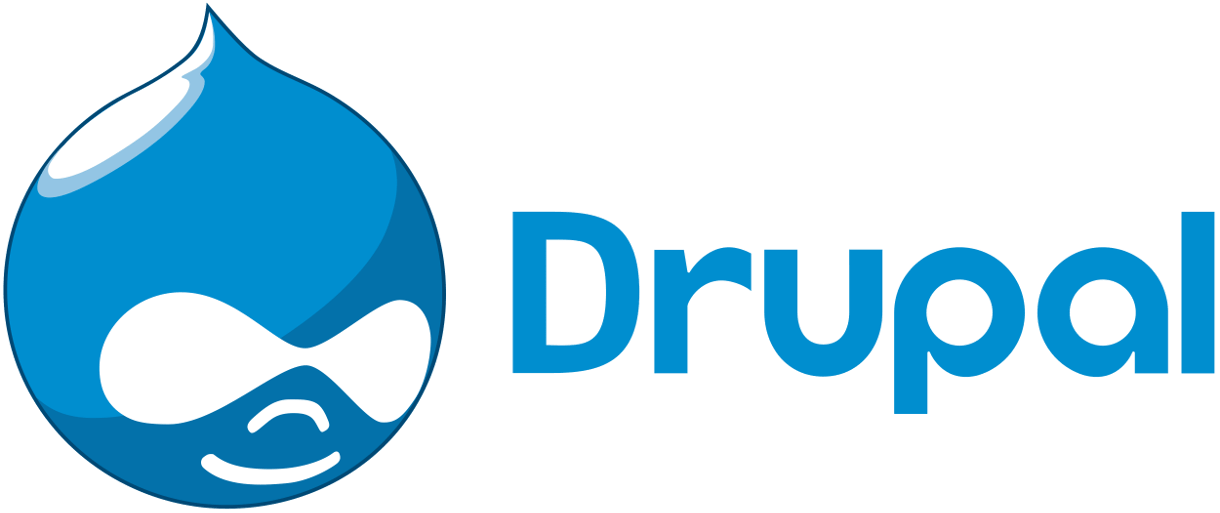

Out of the Box CMS Comparisons
Drupal, Joomla, WordPress, and Expression Engine are all great content management systems, but deciding which is best to use for different sites and clients can be difficult. To ensure you make the most informed decision, we’ll begin by examining the strengths and weaknesses of each system.
Drupal - Drupal has a great deal of power out-of-the-box, and a large library of add-ons from its community. It contains a number of robust features for sites that need high functionality. Drupal also has a large list of pre-installed modules that can be easily activated by simply turning them on. Ubercart, an e-commerce module accessible on Drupal, is fairly intuitive. For this reason, Drupal is a good choice for smaller sites needing e-commerce functionality.
Now the downside. Because Drupal is a large content management system, it is very cumbersome. You may need to strip the CMS of unnecessary nuts and bolts that can bog down your site. The learning curve for Drupal is also fairly steep. When you first begin using Drupal, the task of trying to figure out the quirks for the various template files, and using hooks and function overrides, can be overwhelming.
When it’s all said and done, Drupal holds a significant amount of power and owns a strong community of development for modules. If you can wrestle it into the structure you need, Drupal can be a great tool for controlling your site, while making everything easily modified and accessible. When Drupal 7 is finally released, we may see some critical changes in relation to the robustness and missing functionality of the current version, making Drupal a more advanced CMS option.
Joomla - This open source CMS has come a long way recently, recovering from a long standing reputation of having a very low performance level. Joomla, like WordPress is easily themed, but has a very different approach to how its templating systems are built. Joomla is mostly based on overriding files, based on folder structure, keeping you from editing the main template files, similar to Drupal. WordPress on the other hand, will allow you to start your template from scratch, and use hooks to pull in the other functional content you need.
While Joomla is growing fast, it currently lacks imperative features that impede its chance in the race. Legacy support for its extensions is becoming an issue by means of having to make sure the right versions are compatible with what you are working with. However, with the newer version of Joomla on the rise, we may see extensions that don’t rely on supporting a legacy project, as well as modifications for deficient features.
WordPress - WordPress is a great CMS. It is incredibly simple to understand, has strong community support, can be easily skinned, and presents more plug-ins than you can handle. I would highly recommend it for really simple sites that don’t need complex functionality. But even with more complex functionality, once you are familiar with WordPress, adding in your own custom functions can be easier than many other content management platforms. Since WordPress is built mainly for blogs, its best use is for simple sites. Its templating system and admin interface is intuitive and most clients don’t have any problems figuring out how to use the basic content features. But since it is so specialized, it cannot be easily compared to the others as a “full CMS”. The main drawback of WordPress is the difficulty of adding complex functionality, such as e-commerce.
Expression Engine - Expression Engine is by far one of the strongest CMS’s available; it has a vast community following and technical support. With tons of modules available and its growing popularity, this CMS can be considered great. One of Expression Engines strengths is that it is not an open source community driven project, so its updates are not as frequent, providing a more stable platform for developers. This also means your personal site development can go a bit more smoothly because of their strict guidelines for how modules are put together. This CMS also has great security, but Expression Engine is not built to build the web page for you. You have to start from scratch and know exactly what you want; you are required to put it together yourself. However, its biggest catch is the price; you have to pay to get this extra support and functionality.
When choosing which content management platform to build you site with, best practice says to start with the goals and objectives of your site. If one of your goals is to sell merchandise on your site, than it is likely that Wordpress is not the solution you require. Compare the goals of your site to the strengths of the individual content management systems and I’m confident that you will make the correct decision.
Frequently Asked Questions








